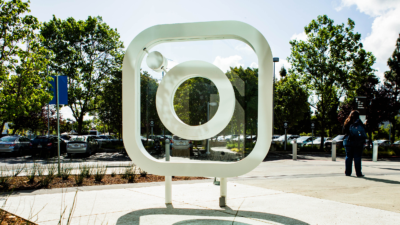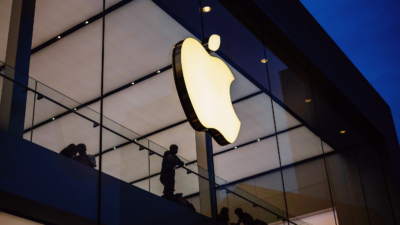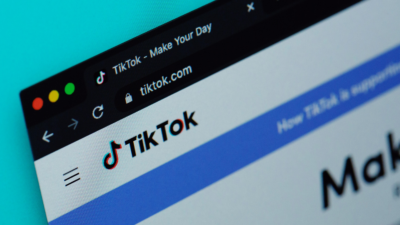Google Strikes $32 Billion Deal for Cloud Security Startup Wiz
The massive acquisition could give Google an edge as AI accelerates Big Tech’s race to win over cloud customers.

Sign up for smart news, insights, and analysis on the biggest financial stories of the day.
Google’s finally off to see the Wiz after failing to seal the deal last year. The tech giant signed a definitive agreement to buy Wiz for $32 billion — Google’s largest deal ever, more than double its $12.5 billion purchase of Motorola in 2012 (bye bye, Moto).
Wiz provides cybersecurity programs that monitor companies’ data across multiple clouds, including Amazon’s and Oracle’s, finding and recommending fixes for weaknesses that hackers could exploit and handling any ongoing breaches. TechCrunch reports that the five-year-old startup now makes $700 million in annual revenue, and it’s eyeing $1 billion.
Wiz walked away from Google’s $23 billion buyout offer last year, reportedly because of antitrust concerns. But after exploring an IPO, Wiz came back to the table. Google expects the deal to close next year if regulators (who are currently investigating Google’s search and ad businesses) give it the go-ahead.
The massive acquisition could give Google an edge as AI accelerates Big Tech’s race to win over cloud customers.
Head in the Clouds
Wiz will fit in Google’s cloud unit, which accounted for about 12% of the tech giant’s revenue in the most recent quarter. Still, Google is in third place when it comes to cloud market share, behind rivals Amazon and Microsoft.
Amazon’s and Microsoft’s cloud sectors are both $100 billion-per-year businesses, while Google Cloud brought in less than half of that last year. But Google Cloud is the fastest-growing of the trio, and the tech giant could leapfrog Microsoft with its safety-first focus:
- Google plans to invest $75 billion in its AI-powered cloud infrastructure this year, similar to its rivals.
- Before buying Wiz, Google acquired two cybersecurity companies in 2022, Siemplify and Mandiant.
Meanwhile, Microsoft’s safety reputation has suffered in recent years. Chinese government hackers breached Microsoft’s cloud network in 2023, accessing the email inboxes of federal officials including the Commerce Secretary. A government board investigated the event and pinned the blame on Microsoft’s lax practices, saying the hack was “preventable and should have never occurred.”
Double-edge Up Ahead: AI could make cybersecurity even more important. It’ll bring in more business — both because it leans on cloud infrastructure to operate and because cloud companies can sell AI-infused offerings — as well as introduce new vulnerabilities that hackers can exploit. Google’s trying to capture all of AI’s upside while minimizing its risks.











